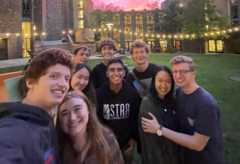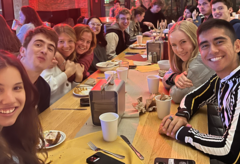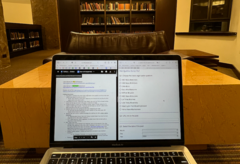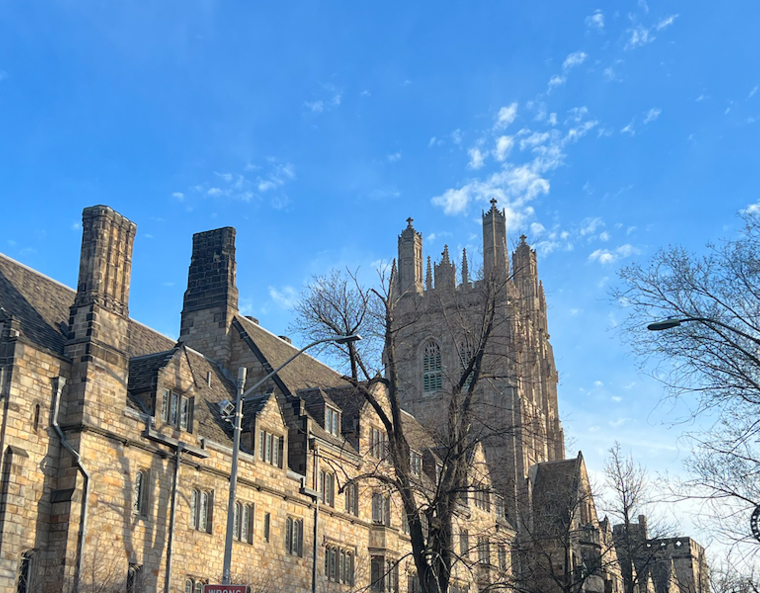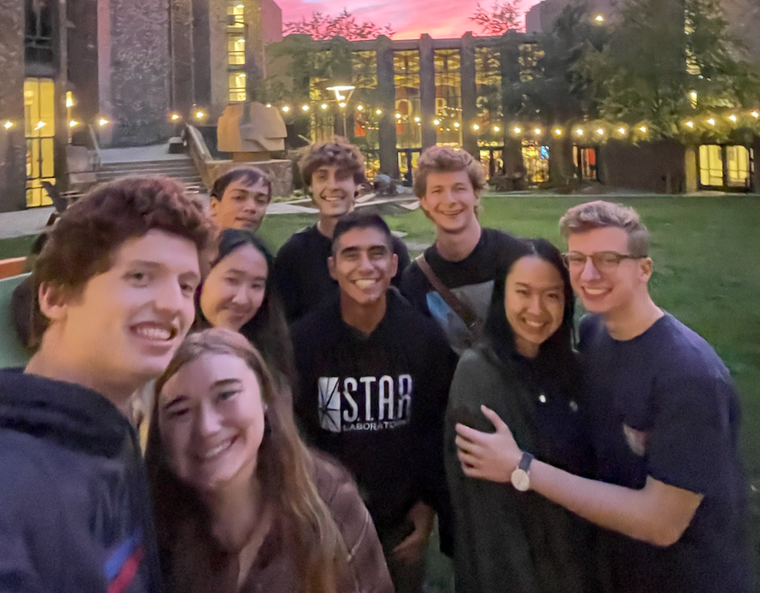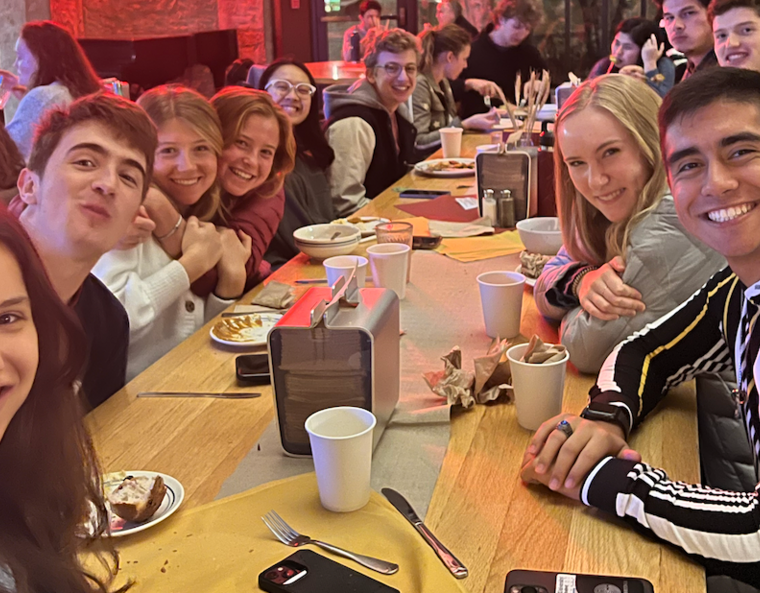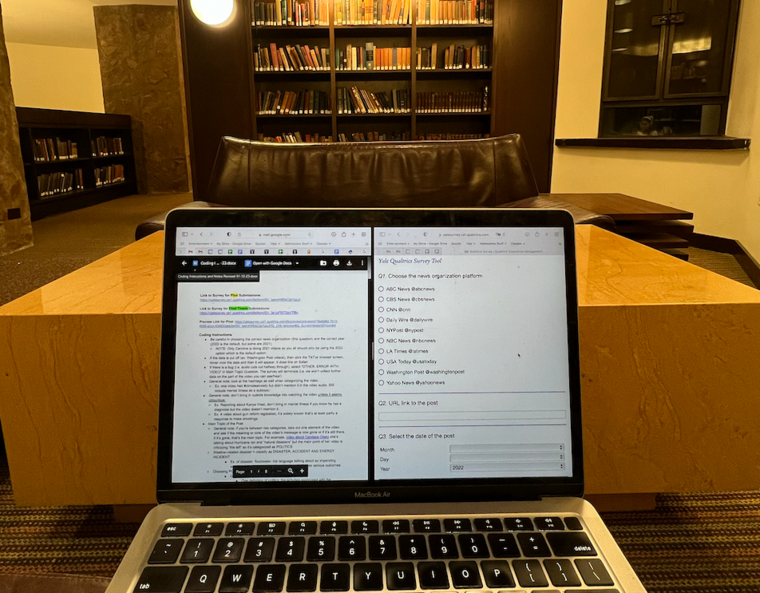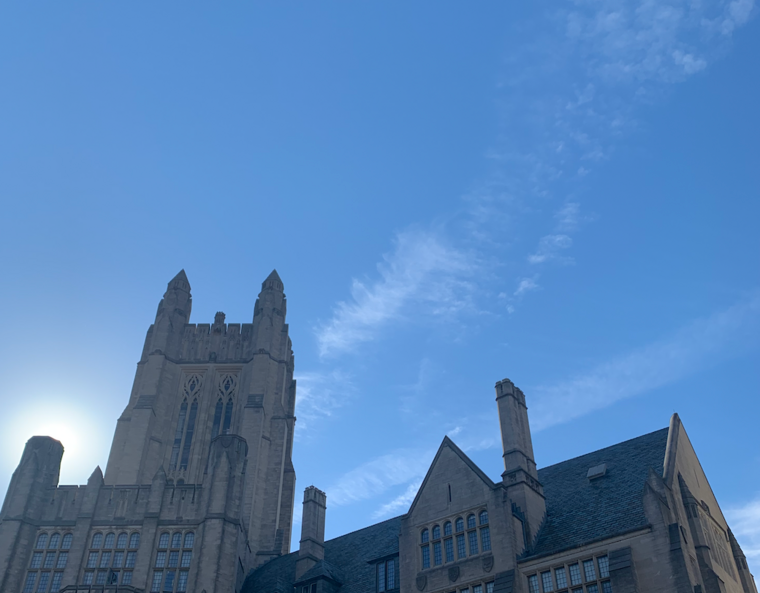
When I came to Yale, I knew I wanted to conduct research. The world of undergraduate research can be nebulous and confusing but now that I’m in my second semester I have successfully traversed the research landscape. When I first started looking for research opportunities I was a little overwhelmed and I didn’t quite know where to start. However, through sending emails, browsing websites, and attending meetings I figured out how to get involved and now I am a research assistant in a lab that uses neuroimaging techniques to study emotion regulation and mood disorders. Many people helped me along the way, and I’m glad I sought out these resources, especially when I was getting started. While getting involved in research may look a little different for everybody, the following sources were extremely helpful for me when I was starting to look for research opportunities.
-
Professors - a great first place to start. You can reach out to professors that have taught you before and they can usually put you in contact with people who are willing to take on undergraduates in their lab. In my case, I reached out to my Introduction to Psychology professor to see what kinds of opportunities were available in the department and he gave me a list of labs that were taking undergrads.
-
Office of Career Strategy - I was able to easily schedule a one-on-one meeting with a career counselor through their websiteand the counselor I was paired with was extremely helpful. We discussed my career goals, looked through all the available avenues for finding research opportunities, and reviewed my resume. The advisors are great for pointing you in the right direction and helping you prepare to reach out (i.e. reviewing your resume, doing mock interviews, helping draft cover letters). The Office of Career Strategy has tons of helpful content on their website so even beyond looking for research they are a great resource to make use of.
-
Lab Directors - this one is a little more specific to STEM or social science research fields. For me this looked like looking through a list of psychology labs and reading through each of their websites to see if they took undergraduate research assistants. I then followed the instructions on their websites which usually meant emailing my resume and a short paragraph to either the lab manager or Principal Investigator (PI) of the lab. This is the avenue that actually resulted in me becoming an undergraduate research assistant and I think it is one of the most direct paths to getting involved with research.
-
Student Job Search - Yale’s Student Job Search interface is another way to find research opportunities. While the opportunities are more limited here, there are several open research positions that are paid. Some of these opportunities require a higher level of experience or commitment, but this is still a great place to look, particularly for paid research positions. I definitely took the time to look through this database when I was looking for research opportunities and there were several really interesting opportunities posted.
After consulting all of the above sources, I ended up obtaining a position as an undergraduate research assistant in a psychology lab on campus. In totality, the process of getting this position was relatively straightforward and the whole process probably took me less than 8 hours in total; I learned that most professors at Yale are more than happy to take on undergraduates as trainees and Yale has some great resources that help students like me find research opportunities.





